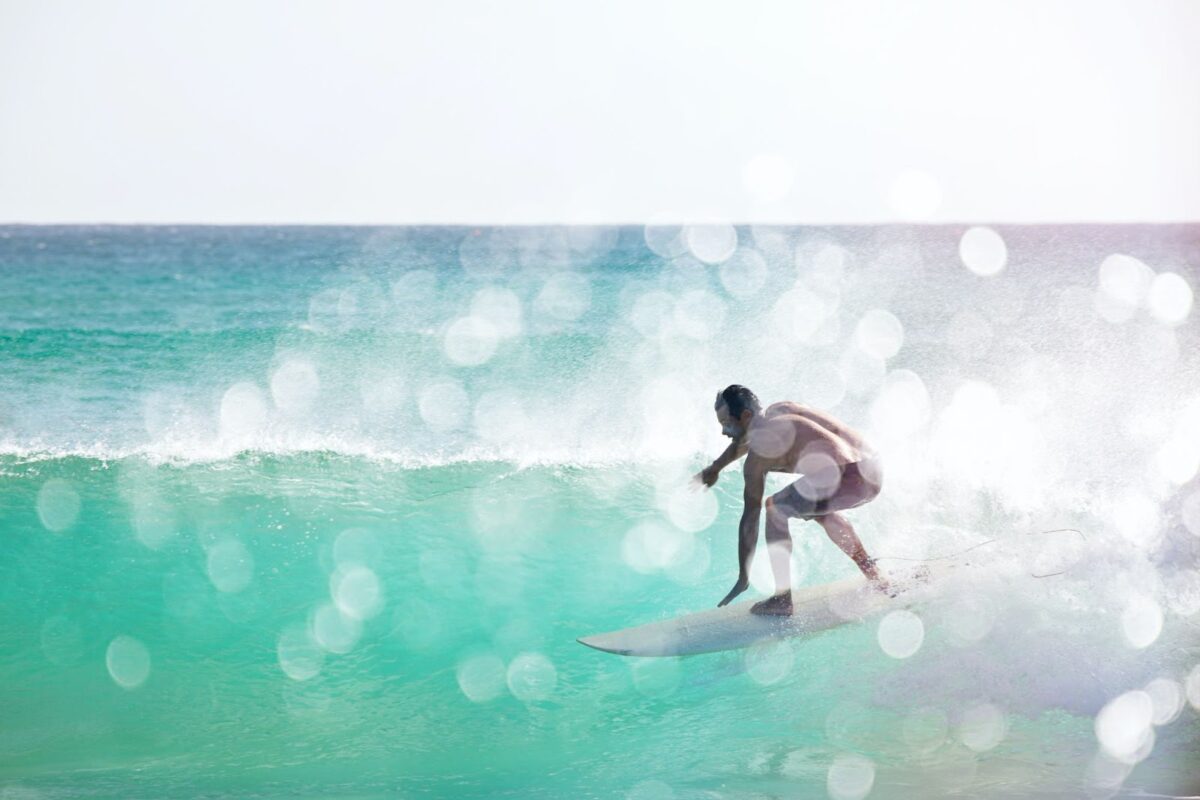It’s a well-established notion that embarking on a significant journey begins with that inaugural step. Fortunately, the initial stride in the process of recovery often revolves around a profound yearning for authentic change. If you genuinely aspire to overcome your addiction, this is indeed promising news. You’ve already initiated the first phase of your recovery journey.
Regardless of whether your addiction pertains to alcohol, tobacco, or drug dependency, an array of beneficial techniques and therapies is available to address your condition. Each of these is meticulously crafted to facilitate your quest to conquer addiction, reshape your conduct and thought processes, and embrace a lifetime of recovery. One such technique, known as urge surfing, has proven instrumental in assisting numerous individuals in triumphing over their addictions.
Defining the Urge
To grasp the true merits of urge surfing, it is imperative to establish a firm understanding of what urges entail. An urge can be delineated as an intense desire or an exceedingly powerful craving that impels one to seek the object or substance that can satiate it. These urges can even propel an individual towards impulsive or irresponsible actions.
In most instances, by the time individuals admit to their addiction, they have severed the connection between their cravings and their addictive tendencies. However, if one were to scrutinise more closely, one would likely discern that their behaviour was invariably preceded by a robust physical and/or emotional sensation, a recollection, a thought, or even an event.
Several commonplace emotions, occurrences, and thoughts that precede addictive behaviours encompass:
- Experiencing boredom, anger, loneliness, or anxiety
- Engaging in habitual conduct related to specific occasions, such as social gatherings or family reunions
- Suffering from diminished self-esteem or harbouring self-defeating notions
Before succumbing to addictive behaviour, individuals frequently encounter an overpowering physical, mental, or emotional urge that appears insurmountable. This can lead to a continuous cycle of succumbing to these urges, perpetuating automatic responses over time.

What Is Urge Surfing?
For those grappling with addiction, capitulating to their cravings on a recurrent basis can be profoundly disheartening. Often, those with dependency issues foresee the inevitable regret associated with yielding to their urges, yet they feel powerless to act otherwise. Traditional wisdom has traditionally extolled the virtues of “resolve and strength” in confronting addiction. Nonetheless, when confronted with an insistent craving, even the mightiest resolve and strength can waver.
Instead of relying solely on one’s ability to combat these urges, a fresh approach can be embraced. Urge surfing encourages an individual to become an impartial observer, cultivating mindfulness in response to their cravings.
With appropriate guidance, one can acquire the capacity to mindfully monitor the urges that pave the way for addictive behaviours. Much like ocean waves, these urges may initially surge with vigour but gradually wane over time. An individual can learn to “ride the wave” as the urge reaches its zenith and commences its receding course.
The Historical Origins of Urge Surfing
Dr. G. Alan Marlatt, a clinical psychologist, held the dual roles of director and founder at the Addictive Behaviours Research Centre, situated at the University of Washington (UW). It was Dr. Marlatt who initially conceptualised the concept of urge surfing.
Dr. Marlatt discerned a common thread among cravings, even though they might manifest diversely in different individuals, such as headaches, heightened tension, or nausea. He advocated that by simply acknowledging and observing these cravings without judgment, individuals could learn to “ride the wave” of their urges rather than capitulate to them.
Dr. Marlatt posited that the most effective approach to dealing with cravings involved developing an awareness of the physical, mental, and emotional symptoms that precede addictive behaviour. By closely observing these urges, without engaging in resistance or succumbing to them, individuals could chart a new, more affirmative trajectory, allowing their erstwhile urges to diminish gradually.
Can Urge Surfing Facilitate Addiction Recovery?
Acknowledging that individuals can modify their behaviour through the transformation of their thoughts and emotions, addiction specialists have incorporated urge surfing techniques into their recovery programmes. Urge surfing can prove particularly beneficial when complemented by techniques such as meditation and cognitive behaviour therapy (CBT).
Cognitive behaviour therapy methods and meditative guided imagery exercises are employed to steer individuals towards a more constructive path. Like these strategies, urge surfing can contribute to the alteration of an individual’s conduct and thought processes. This form of surfing can be integrated into a comprehensive recovery plan for individuals grappling with substance addiction, be it drugs or alcohol, in order to mitigate their inclination to yield to urges and cravings.

The Mechanics of Urge Surfing
Urge surfing is sometimes classified as a mindfulness approach, designed to channel one’s complete attention towards the present moment. This can be achieved through the following sequential steps:
- Seek out a tranquil location where you can sit comfortably with your eyes closed.
- Direct your focus towards the source of your cravings, whether it is a bodily sensation, a thought, or an emotion.
- Observe and articulate to yourself, in a composed manner, the sensation you are currently experiencing.
- After a minute or two of contemplation, shift your attention to your breathing pattern.
- Following a brief duration of concentration on your breathing, revert your focus to the sensation linked to your craving.
- You should discern that as your breathing grows calmer, your craving concurrently subsides.
- Repeat this exercise each time the urge to indulge in your addiction reemerges.
Urge surfing, as elucidated, is a powerful tool that can significantly contribute to addiction recovery, offering individuals a renewed perspective on their cravings and the means to navigate the tumultuous waters of addiction. With its roots in mindfulness and the insight of Dr. G. Alan Marlatt, urge surfing provides hope and a tangible pathway to recovery for those grappling with addiction.
How White River Manor Can Help
We offer our guests individualised programs and luxury individual care at White River Manor. In collaboration with the client, our team of highly qualified therapists, medical professionals, and dependency specialists work to design a program to restore balance and well-being in our guests’ lives.
If you’d like to talk to us about treatment options and how we can help you recover, please don’t hesitate to reach out to our intake team.







